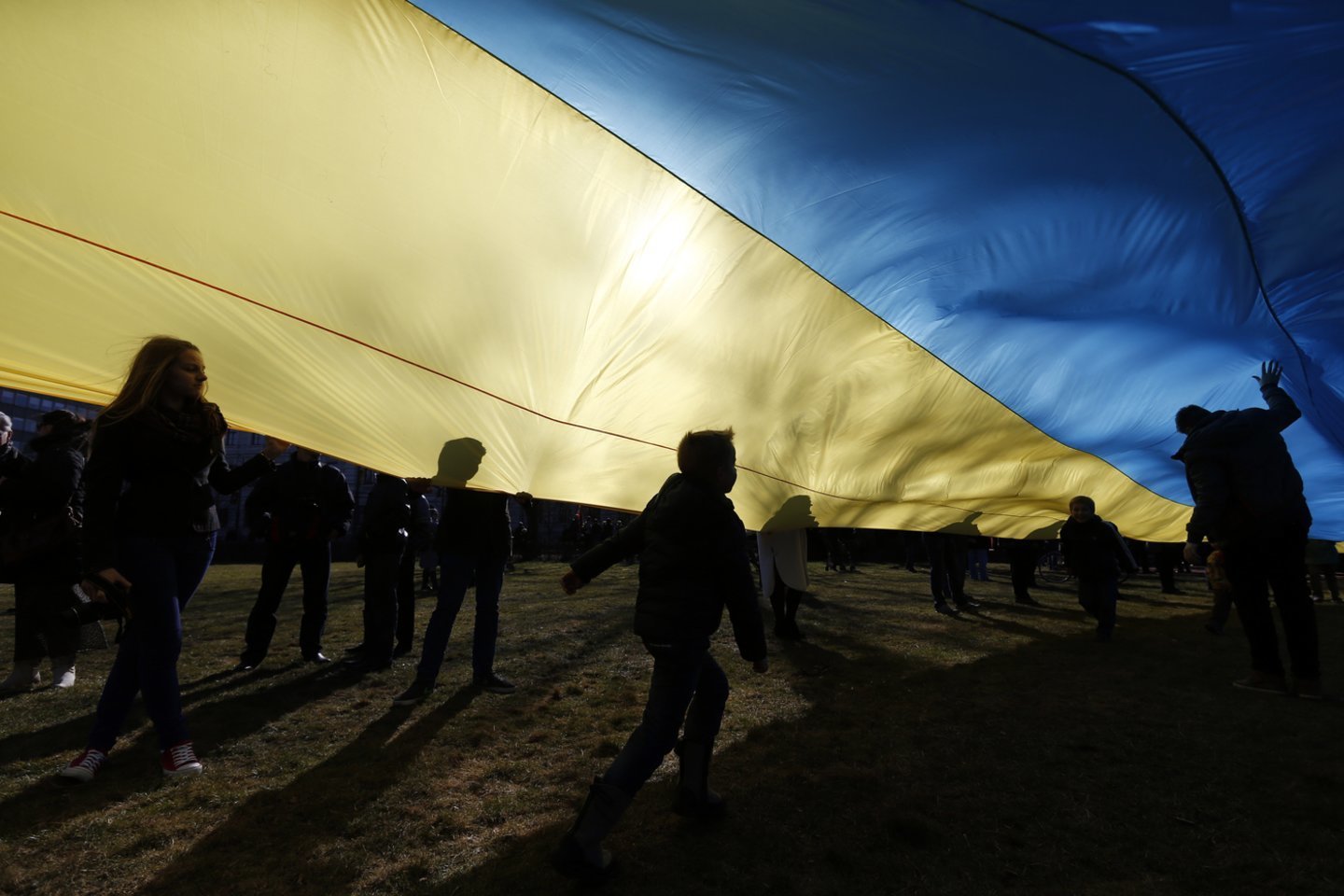Mindaugas Lapinskas, a communications specialist, spoke about this in the „Lietuvos rytas“ TV programme „New Day“.
On Wednesday, a Lithuanian group claiming to be fighting in Ukraine and providing support to Ukrainians became the subject of discussion in the public sphere due to its possible lack of transparency. Asked how he felt about the emergence of people using the war in Ukraine for their own personal needs, Lapinskas commented that such things should not be too surprising.
„This phenomenon has all the hallmarks of a good media story – good-looking, athletic and uniformed men, weapons, money, some theft, some mistresses invited to come along.
People like that sort of thing, and they follow and like it. I can console myself that nothing bad has happened to Ukraine because this type of support is probably a drop in the ocean, if not a microscope in the sea.
But these dramas and the fact that people spend so much time explaining themselves shows that the desire to show off, to establish oneself, to be on TV, is also a rather significant factor, not just support for a Ukraine at war,“ the communications expert reflected.
He agrees that this period of support and the emergence of new heroes could also be compared to the beginning of the coronavirus pandemic in Lithuania when the public showed unity as soon as it started, but problems and misunderstandings still arose later.
„I would go even further back – this whole phenomenon could probably be called in half-Russian – „Tsesiulshchina“. When there was a fire in Alytus, the mayor was the first to rush into the trenches, put out the fire, do live broadcasts, take photos, to win the title of Influencer of the Year. With the support for Ukraine, there is not just one Cesiulis, but 20 or so.
Their sometimes professional abilities to provide aid and fight are probably similar to Cesulis' ability to put out fires, but their enthusiasm, passion, ambition and desire to get likes are probably similar,“ Lapinskas said.
As a result, he said, one donor starts to compete with another, which is always the case if there are no clear mission objectives.
„If you have a clear niche, a problem, you want to solve it, and if you see that you can't solve it, then you narrow it down until you can say I'm going to solve this problem, and then you don't compete with others. <...> Sometimes, instead of jumping on the bus and driving, we should think about efficiency and what exactly is the problem we want to solve,“ he explained.
According to the communication specialist, it could be said that the wave of Lithuanian support for Ukraine is slowly receding, and it is becoming more and more difficult to raise it, but now, he said, it is the politicians' time.
„Lithuania should provide more political support, which it is doing, both in the international sphere, by urging the Germans or the French to give up Russian gas, and perhaps financial support, but not necessarily through Lithuania, but perhaps through the European Union,“ he said.
Although it seems that Germany, which has so far been more cautious towards Russia, will soon also supply heavy weapons to Ukraine, Lapinskas reflected that this does not necessarily mean a turning point.
„Formally, from the news point of view, it seems to us that this is a turning point. On the other hand, what do we know? Or maybe the decision was made before? It could well be that you don't want to suddenly decide on a certain day that here we are now going to supply all the arms because that could trigger a Russian reaction. Europe is now doing to Putin what the North Vietnamese used to do – they put Putin on a lawn, they tie him up, and bamboo grows on his back.
At first, you don't feel it, but after a week, you really regret it. It is Germany's solution that is the bamboos that are stabbing the Russians very hard, and after a week, two and five, they will stab them even harder“, the expert stressed.
Asked what the world's objective is at the moment in the context of the war in Ukraine, he recalled that the most accurate way of putting it was by the United States Secretary of Defence, Lloyd Austin.
„He said that the goal was a defeat of Russia that would prevent it from continuing to act aggressively for decades. That is a very nice goal, and whether it requires a fast war or a slow war is something we can debate.
But it is clear that nobody in the world probably needs a Russian victory, perhaps not even our friends, the Chinese. It is much better for them to see Russia even more debilitated,“ said Mr Lapinskas.

